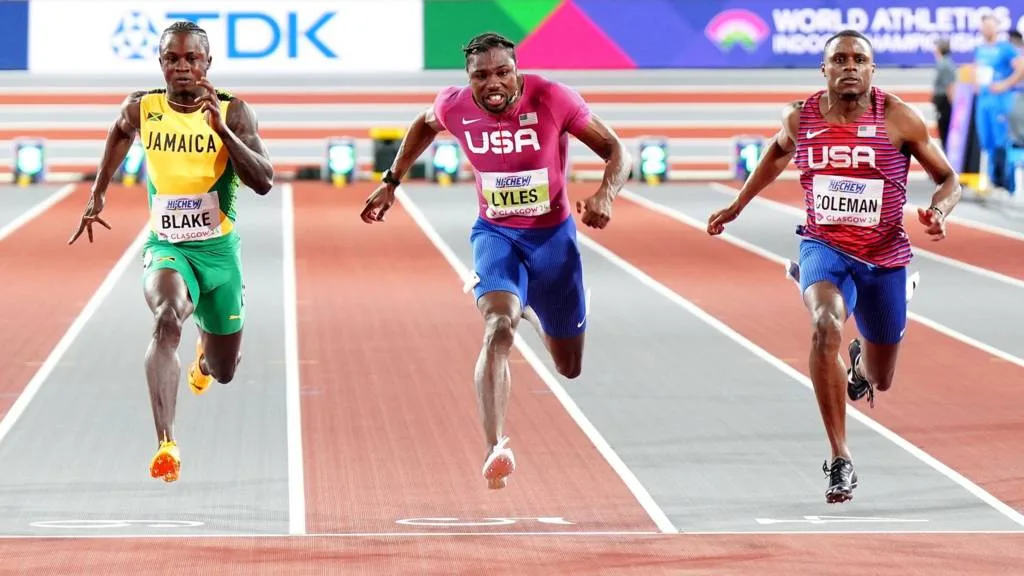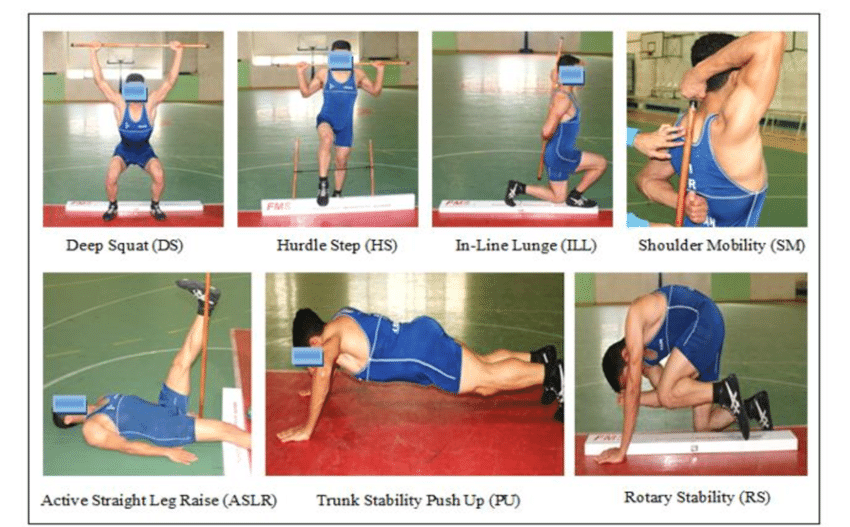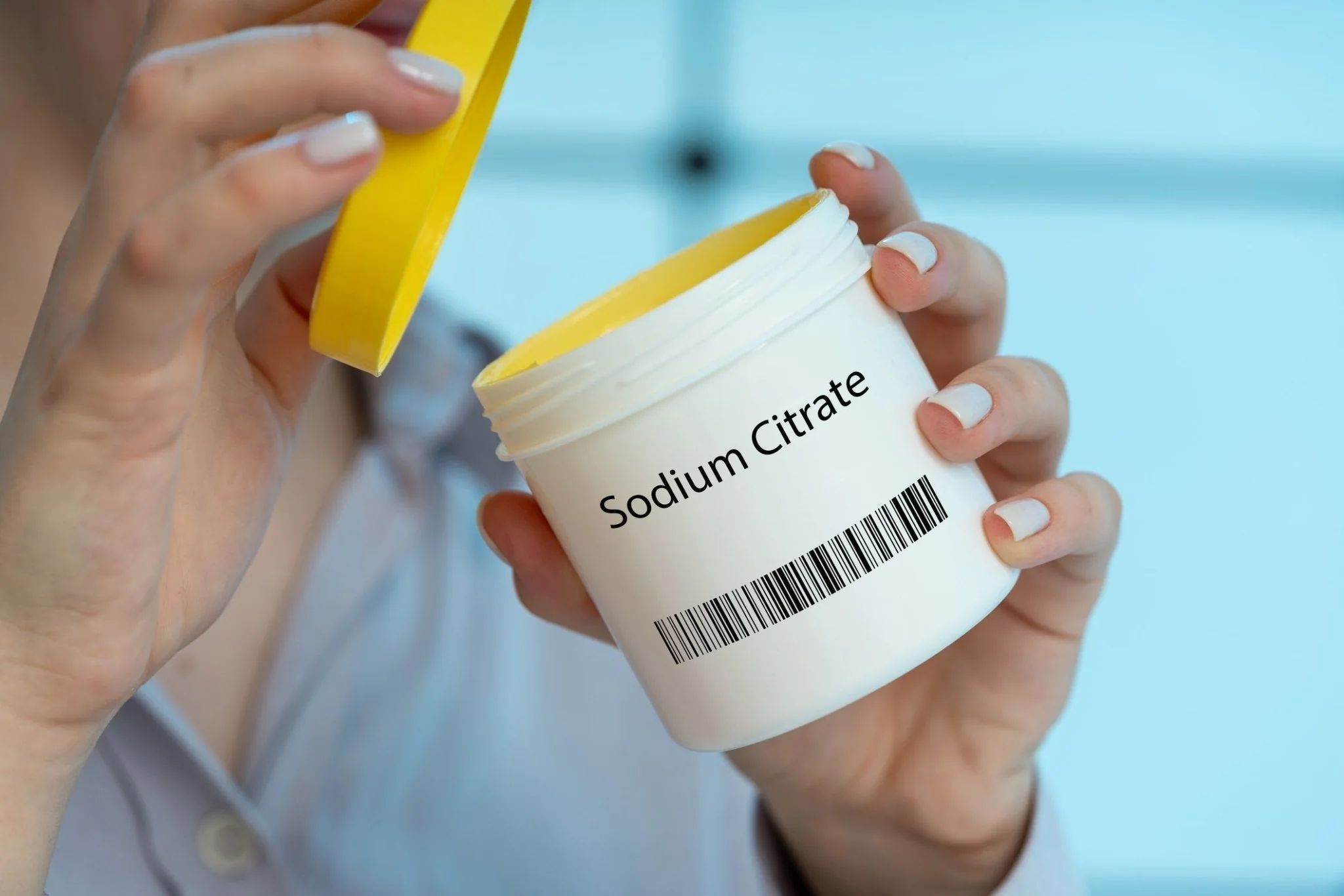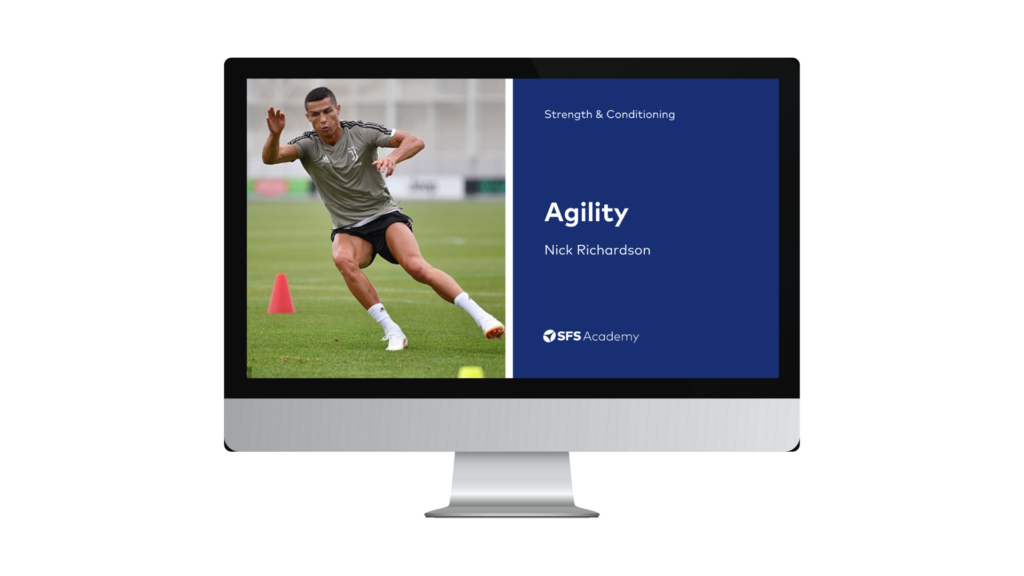This week in the world of sports science, here’s what happened…
- Can sodium citrate improve repeated sprint ability performance?
- Latest warm-up practice and research for elite sprinters
- Abbreviating the FMS?
Can sodium citrate improve repeated sprint ability performance?

A recent study evaluated the effectiveness of a topical supplement called sodium citrate. The study involved 20 male soccer players who were given either a placebo or sodium citrate 180 minutes before a repeated sprint ability performance test. Blood samples were taken before and after the test to monitor physiological changes and gastrointestinal issues were also monitored regularly.
The results showed that sodium citrate significantly improved the participants’ repeated sprint ability compared to the placebo. However, it’s worth noting that there were significantly more gastrointestinal symptoms in the first hour of taking sodium citrate compared to the placebo. However, these symptoms became non-significant after an hour. The study used 0.5 g·kg−1 of body mass for the sodium citrate amount.
While more research is needed, this study suggests that sodium citrate is an effective ergogenic aid for improving repeated sprint ability performance. However, it’s important to remember that sodium citrate can cause gastrointestinal issues, especially within the first hour of ingestion, which may be counterproductive to performance.
Latest warm-up practice and research for elite sprinters

Last week, Paul Carragher wrote an excellent post on warm-up methods in elite sprinting, which discussed the warm-up strategies he observed at the recent World Athletic Indoor Championships in Glasgow. Carragher compared these methods to the latest scientific research on effective warm-up strategies for sprinters.
According to Carragher, dynamic stretches and plyometrics were prevalent in most warm-ups at the championship, which are supported by research to improve sprinting performance. However, it is suggested that some athletes performed static stretching, which the research shows can adversely impact sprinting performance.
The research has promising outlooks for the inclusion of post-activation potentiation, eccentric exercise, and blood flow restriction training as part of the sprinting warm-up protocol. However, Carragher noted that these methods were virtually non-existent at the recent championships. From Carragher’s observations and comparisons to the latest research, it appears that there is still a gap between the latest research and applied practice.
If you train sprint athletes, check out Carragher’s post! The research paper is also an excellent read.
Abbreviating the FMS?

The Functional Movement Screen (FMS) is a popular movement screening assessment. However, it is time-consuming to administer, score, and interpret all seven movement assessments that make up the FMS.
Recently, a published study investigated if an abbreviated version of the FMS could be used as an alternative. The researchers performed the full FMS on over 100 participants and found that performing just four movement screens was reliable with the full FMS. Therefore, the study recommends performing the deep squat, inline lunge, shoulder mobility, and trunk stability push-up as sufficient in identifying movement compensations.
While more research is needed on the abbreviated FMS, reducing the seven movement assessments to four will certainly make the FMS more time-friendly and more applicable to a team sports environment.
From us this week:
>> New course: An Introduction to Sports Psychology
>> New podcast: Evidence vs Experienced Based Coaching
>> New infographic: Reducing The Risk Of Knee Injuries During Different Side-Cutting Manoeuvres
>> New article: 15 Best Barbells For Home Gyms
Access to a growing library of sports science courses
SFS Academy is an all-access membership to premium sports science education.
With SFS Academy, you’ll learn from some of the best coaches around the world as they teach you how to apply the latest research and practice with your athletes.



